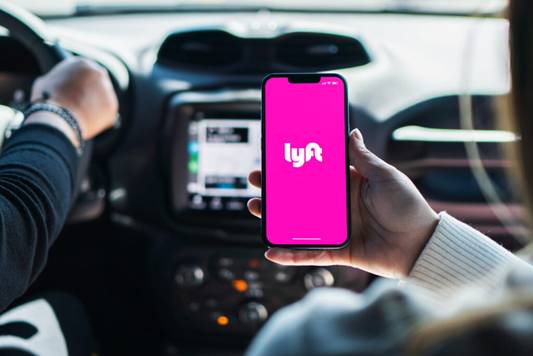
Rideshare services like Lyft have revolutionized transportation in San Jose by providing a convenient way to get around the city. With San Jose's busy streets and heavy reliance on rideshare services, accidents involving Lyft vehicles are becoming increasingly common. They often involve complex insurance policies and liability disputes. Lyft's insurance coverage depends on the driver's app status, making it difficult for victims to determine which policy applies. Additionally, liability can involve multiple parties, including the driver, other motorists, or Lyft itself. Seeking professional legal help for San Jose Lyft accidents can ensure fair compensation and protect your rights.
Complicated Insurance Coverage
Insurance coverage is one of the most significant differences between Lyft and regular car accidents. In a standard car accident, the at-fault driver's personal auto insurance covers damages. With Lyft, the situation depends on the driver's status during the crash.
- Off-Duty: Their personal insurance applies if the driver is not logged into the Lyft app.
- Logged In but No Ride Accepted: During this phase, Lyft provides limited liability coverage—$50,000 per person for injuries and $25,000 for property damage.
- En Route or Passenger Onboard: Once a ride is accepted or a passenger is in the vehicle, Lyft's $1 million insurance policy comes into effect.
This layered structure can make it challenging to determine which policy applies and whether it fully covers damages.
Determining Liability
Liability in Lyft accidents often involves multiple parties, making it far more complex than traditional car crashes. Potentially responsible parties include:
- Lyft driver
- Lyft
- Third parties
- Vehicle manufacturers or maintenance providers
This web of responsibility requires careful investigation to establish fault accurately.
Independent Contractor Status
Lyft drivers are classified as independent contractors rather than employees. This distinction limits Lyft's direct liability in many cases. Unlike employers responsible for their employees' actions under vicarious liability,
rideshare companies often argue that they are not accountable for their drivers' negligence. This legal gray area can complicate efforts to hold Lyft accountable.
Legal Obligations and Higher Standards
Because rideshare companies provide transportation services, they are often held to higher legal standards than individual drivers. For example:
- Both Lyft and its drivers owe passengers a
duty of care,
meaning they must take reasonable steps to ensure passenger safety. - If this duty is breached through reckless driving, the driver and potentially Lyft could face legal consequences.
Navigating these obligations requires an understanding of both state laws and rideshare-specific regulations.
Challenges with Evidence and Documentation
Building a strong case after a Lyft accident involves gathering substantial evidence, such as:
- App data showing the driver's status during the crash.
- Ride logs and timestamps from Lyft.
- Police reports, medical records, and witness statements.
The need for detailed documentation adds another layer of complexity to these cases.
Prolonged Insurance Disputes
Insurance companies representing multiple parties, including Lyft's insurer, the driver's personal insurer, and other involved motorists, often dispute liability and coverage. These disputes can delay settlements and make it harder for victims to receive fair compensation promptly.
Settlement Offers and Legal Representation
Rideshare companies like Lyft have robust legal teams dedicated to minimizing payouts. Victims may face lowball settlement offers that fail to cover medical expenses, lost wages, or long-term damages. As such, having an experienced attorney can make all the difference in negotiating fair compensation and navigating these complex claims.
Conclusion
In conclusion, Lyft accidents are far more intricate than regular car crashes due to multi-layered insurance policies, shared liability among various parties, and the company's independent contractor model. These complexities highlight why victims should seek professional legal guidance tailored to rideshare cases. If you have been involved in such an accident in California, particularly in San Jose, consulting with a specialized attorney can help you navigate these challenges effectively.
MORE ON THE FLASH LIST
































